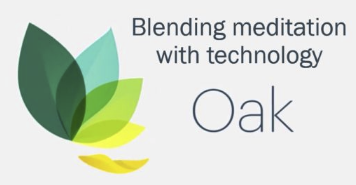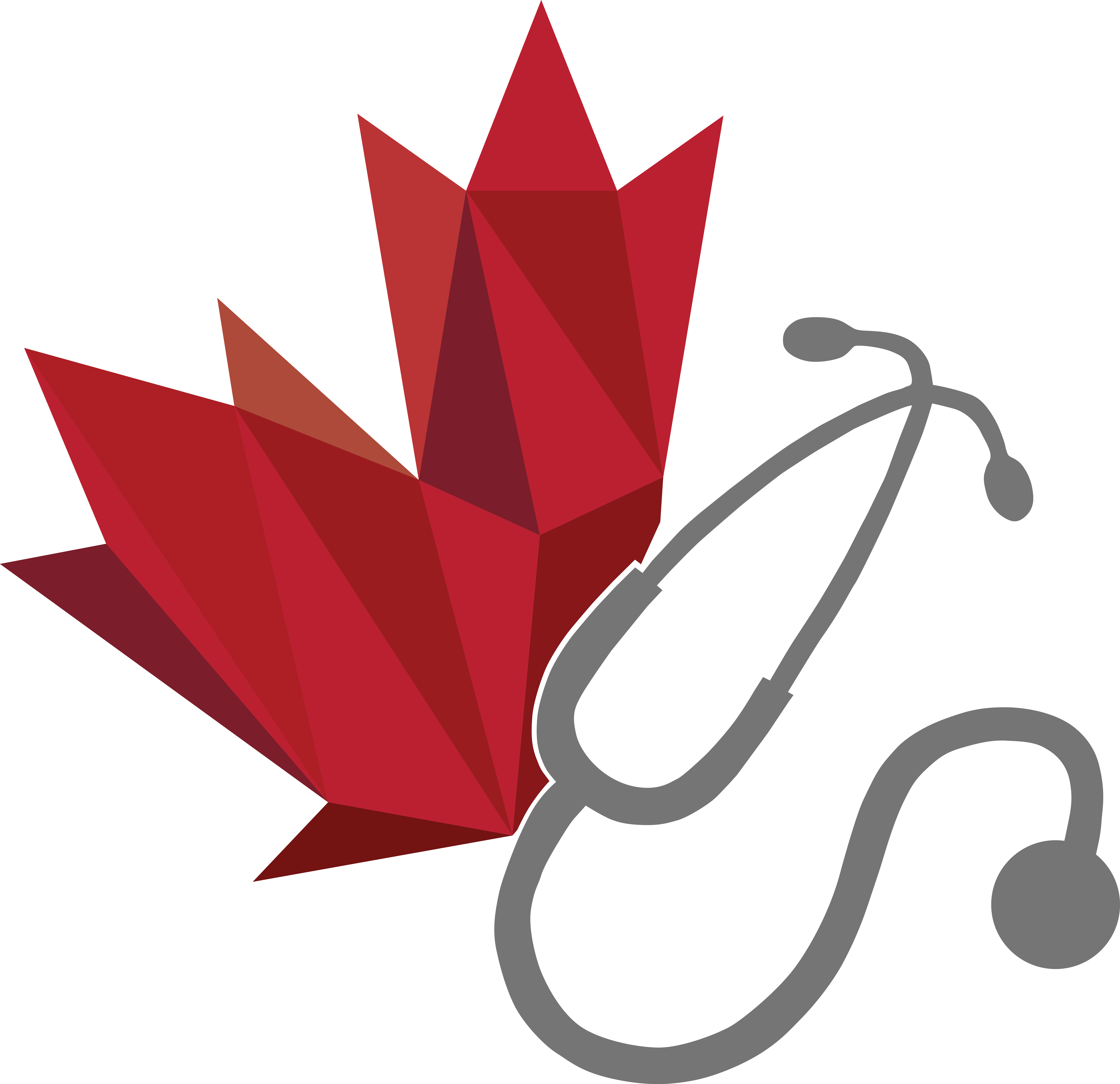Mental Wellness
Mental Wellness 2019
Download our PDF guide here.
What is Mental Health?
Jordana Waserman (Queen’s University)
 Our mental health affects our thoughts, feelings, and behaviours, and is informed by a combination of biological, psychological and social factors. Mental health is not just the absence of mental illness; rather, it is a spectrum of wellness on which we all exist at any given time.
Our mental health affects our thoughts, feelings, and behaviours, and is informed by a combination of biological, psychological and social factors. Mental health is not just the absence of mental illness; rather, it is a spectrum of wellness on which we all exist at any given time. 
What is Mental Illness?
- In Canada, mental illness is typically defined according to diagnostic criteria outlined in the DSM-5 (Diagnostic and Statistical Manual of Mental Disorders, 5th edition, produced by the American Psychiatric Association).
- Mental illness is generally diagnosed when the symptoms impact a person’s functioning, and/or cause them distress.
- Mental and substance use disorders are extremely common; the lifetime rate of experiencing one of these disorders among Canadians ≥15 years old is 33.1% (Statistics Canada, Canadian Community Health Survey – Mental Health, 2012)

The Mental Health/Illness Continuum
Mental health and mental illness are two different but related concepts. The two do not necessarily always parallel each other. For instance, someone with schizophrenia (i.e. mental illness) could be currently experiencing good mental health, whereas someone else who does not have a diagnosed mental illness could be currently experiencing poor mental health due to loss, trauma, grief, or another situational stressor. 
Student Burnout
Kevin Karivelil (McMaster)
Medical school is undoubtedly challenging and stressful at times. While medical schools select for individuals who would be best suited to undergo this rigorous training, sometimes we lose insight into whether we are thriving or merely surviving. It’s important to be able to recognize the signs of burnout to then be able to seek help or otherwise do something to address it. 
Check out this validated medical student wellbeing self-assessment here; it only takes 2 minutes to complete! One particular strategy we’d like to emphasize is mindfulness meditation, which has a plethora of evidence supporting its use to combat burnout. Check out these apps as one possible place to start, available for free on both the App Store and Play Store.


If you're interested in reading a bit more about medical student burnout and strategies how to address it, please refer to any of the links below.
- https://www.mededwebs.com/medical-student-burnout
- https://www.ama-assn.org/residents-students/resident-student-health/medical-school-burnout-how-take-care-yourself
- https://www.ncbi.nlm.nih.gov/pmc/articles/PMC5841647/
Managing Fatigue

As mentioned prior, excessive fatigue is one of the signs of burnout. We’ve shared several strategies/resources here to help address this. We hope you find them useful, and please share with peers!
Information about Sleep Hygiene
- Getting a Good Night's Sleep: informative sleep hygiene tips and tricks from Here to Help BC.
- Fatigue Risk Management Toolkit: from Resident Doctors of Canada, a detailed report advocating for shared management of fatigue risk.
Sleep Meditations
- Sleep Resources from MIT Medical: tips and guided meditations.
Self-Assessment Tools
- Epworth Sleepiness Scale: Self-assessment tool.
- Sleepio: Online Cognitive Behavioural Therapy (CBT) for sleep.
Student Burnout
Brandon (uOttawa), Neraj (uOttawa)
Tips and Tricks
Brandon (uOttawa), Neraj (uOttawa), Ryan (Dalhousie)
For post-call days:
 Try and do 1 activity that you enjoy and will make you relaxed and make that routine! For example, after my surgical post-call days I would go to a specific diner in the morning for breakfast. They always have delicious food and delicious food makes me happy!
Try and do 1 activity that you enjoy and will make you relaxed and make that routine! For example, after my surgical post-call days I would go to a specific diner in the morning for breakfast. They always have delicious food and delicious food makes me happy!
For sleep post call days, I like to use a light blocking sleep mask to block out all light. I picked up a highly rated mask from amazon which has changed the game for post call sleep. I like to aim for 4-5 hours sleep personally the morning after a 24-26 hour shift so that I can fall asleep at an appropriate time later in the night.
Post call days can also be great for studying sometimes. Depending on if/how much sleep I got the night before, I may be able to study and be productive. However, some nights are especially gruelling and you may find yourself unable to study well the next day. In this case, I find it useful to focus on non cognitive tasks and errands like laundry, groceries, cleaning and tidying my apartment. Whether its studying or errands, try to take advantage of the post call day before the netflix binges inevitably start.
Find your thing:
Find what brings you joy and comfort in life and make sure to schedule time in a day/week/month to do it! If you don't know what your thing is, just ask your family and friends what you're doing when they notice you're at your happiest!
Box Breathing:
 It's very easy, and I like the 4x4 method. Picture a box in your head, and as you breathe in and out, you move along the sides of the box. Take 4 full seconds for a breath in going up the side of the box, hold your breath for 4 seconds going across the top of the box, breath out for 4 seconds going down the other side of the box, and hold your breath for 4 seconds going across the bottom of the box, then repeat! This has helped ground me and bring down my heart rate in stressful situations, and has also been helpful when trying to get to sleep after a crazy day! For other breathing and meditation tips, I like the free app Oak.
It's very easy, and I like the 4x4 method. Picture a box in your head, and as you breathe in and out, you move along the sides of the box. Take 4 full seconds for a breath in going up the side of the box, hold your breath for 4 seconds going across the top of the box, breath out for 4 seconds going down the other side of the box, and hold your breath for 4 seconds going across the bottom of the box, then repeat! This has helped ground me and bring down my heart rate in stressful situations, and has also been helpful when trying to get to sleep after a crazy day! For other breathing and meditation tips, I like the free app Oak.
Food:
 Eating healthy does wonders for your mental health, however, don't restrict yourself too much, otherwise it may have the opposite effect! Give yourself some treats that you enjoy every once in a while :)
Eating healthy does wonders for your mental health, however, don't restrict yourself too much, otherwise it may have the opposite effect! Give yourself some treats that you enjoy every once in a while :)
Exercise:
 Just like healthy eating, exercise is also great for your mental health! It doesn't have to be marathon training or powerlifting, it could be little things like taking the stairs, biking instead of driving, or periodically going for walks throughout the day.
Just like healthy eating, exercise is also great for your mental health! It doesn't have to be marathon training or powerlifting, it could be little things like taking the stairs, biking instead of driving, or periodically going for walks throughout the day.
Screen time:
Try put your screens away at least 30-minutes before heading to bed. It helps your brain start to slow down and will make it easier and faster for you to fall asleep; and we all know how important a good night's sleep is!

